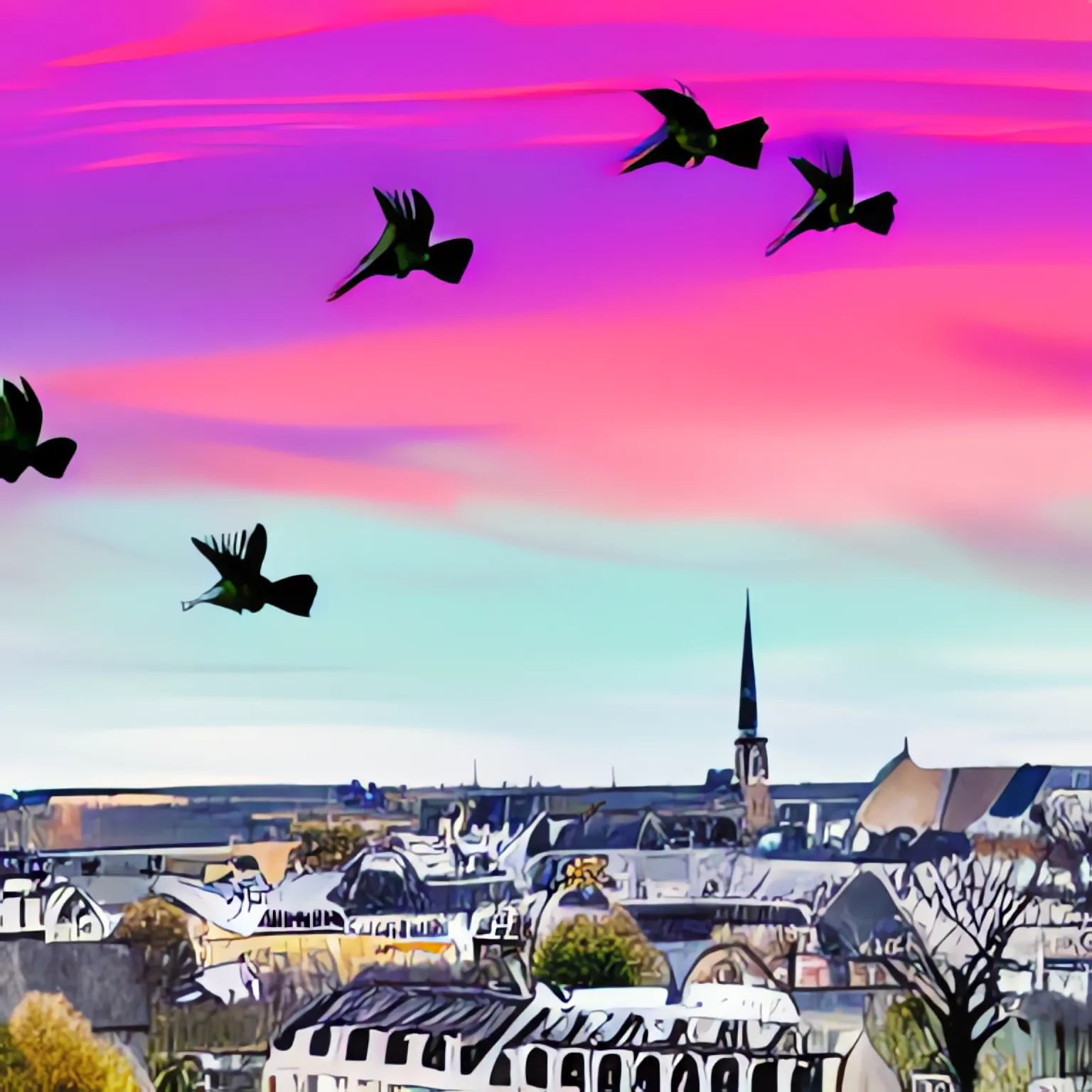TIFF is back in 2022
Luxembourg, Luxembourg; The Grab; The Colour of Ink; Bones of Crows; Raymond & Ray

TIFF this year was special because it was my first time attending in person since COVID. The digital screenings that they did the past two years were nice but it’s not really TIFF unless you’re juggling schedules and scrambling to get between screenings. I present these short reviews in no particular order:
Luxembourg, Luxembourg
The film tells the story of a pair of young men, twin brothers, who receive word that their estranged father is dying in Luxembourg. One of the brothers wishes to make the trip from their hometown in Ukraine, but the other brother has exorcised all love for their father and wants nothing to do with him.
This seems to set up the main conflict, but the film spends its first half without showing the brothers together much. Each of them go about their own lives and have their own misadventures (for one, workplace negligence and incompetence, causing injury; for the other, shitty in-laws), but neither of their storylines gets resolved when the second half rolls around and they suddenly decide to make the trip to Luxembourg after all.
Throughout the film, I found myself confused by the smattering of chuckles from the audience at odd times. For example, there’s a scene where one of the brothers, having purchased a non-buoyant rubber ducky bath toy, brings it back to the toy store in a drunken rage, and waves a gun at the clerk. I believe the filmmakers were going for a kind of dark humour, but I was disturbed by the potential of violence.
There were some cool filmmaking techniques—flashy edits, camera moves and zooms, etc.—but between the disjointed story and the uncomfortable tone, I can’t say it enjoyed it very much.
The Grab
So there’s not enough farmland to produce food and water for the world’s growing population?
And rich countries are buying up land outside their own borders, like in Africa?
And they are pumping out water to ship back to their own countries, so much that the locals don’t have enough to grow their own crops?
And they are hiring private armed mercenaries to do so, as if they expect there to be a fight?
Oh. Oh, well.
(I’m sorry to be so flippant about it, but I’ve watched a few of this type of documentary in recent years, and it’s hard to respond in any other way. My feeling of helplessness about the state of global politics is best described by Jia Tolentino in her book Trick Mirror:
[T]o get through it with any psychological stability—to get through it without routinely descending into an emotional abyss—a person’s best strategy is to think mostly of himself, herself… I have felt so many times that the choice of this era is to be destroyed or to morally compromise ourselves in order to be functional—to be wrecked, or to be functional for reasons that contribute to the wreck.
)
The Colour of Ink
A good antidote to the previous documentary. There are no high stakes here, just an artist who helps other artists by making bespoke ink from materials that he finds in his surroundings. (Did you know that you can make ink out of: berries, rusty nails, blood, magnetic rocks, guns, flakes of paint that you pull off of a building, bugs, marble? Did you know that??) Each chapter of the film shows him creating a custom batch of ink for a painter or cartoonist or calligrapher, and every time, I was on the edge of my seat waiting to see how the artist would end up using it. Every time, I was amazed.
Bones of Crows
Even though some of the performances were weak, even though the lighting and set design sometimes looked cheap, even though the dialogue was often not subtle, the trauma and tragedy of the residential school system is so compelling that I was brought to tears in several scenes.
Apparently, there will be a mini-series version of this film out on CBC next year, which may be why the budget was stretched. I am interested to see how an extended runtime affects the storytelling. In its feature-length form, the film’s non-linear editing worked well for me, because it felt like all of the moments in the protagonist’s life were happening simultaneously.
Raymond & Ray
When my grandmother passed away earlier this year, my father gave a eulogy which moved me, and further, made me ponder how I might speak about him when that inevitable day comes. I don’t have the musical skill to blow a plaintive jazz trumpet solo, like Ethan Hawke’s character does in this film; nor do I have access to a revolver with which to fire six roaring rounds into the casket, like Ewan McGregor’s character does. Neither of them speaks a single word; their eulogies are delivered with the raw bodily manifestations of their troubled emotions about their father.
I had imagined myself, in the future, stumbling through words meant to honour and soothe. I would have no words. But after watching this film, I realized that when the time comes, and I’m standing there at the pulpit, those words will already have been written. I will have been writing them all my life.
